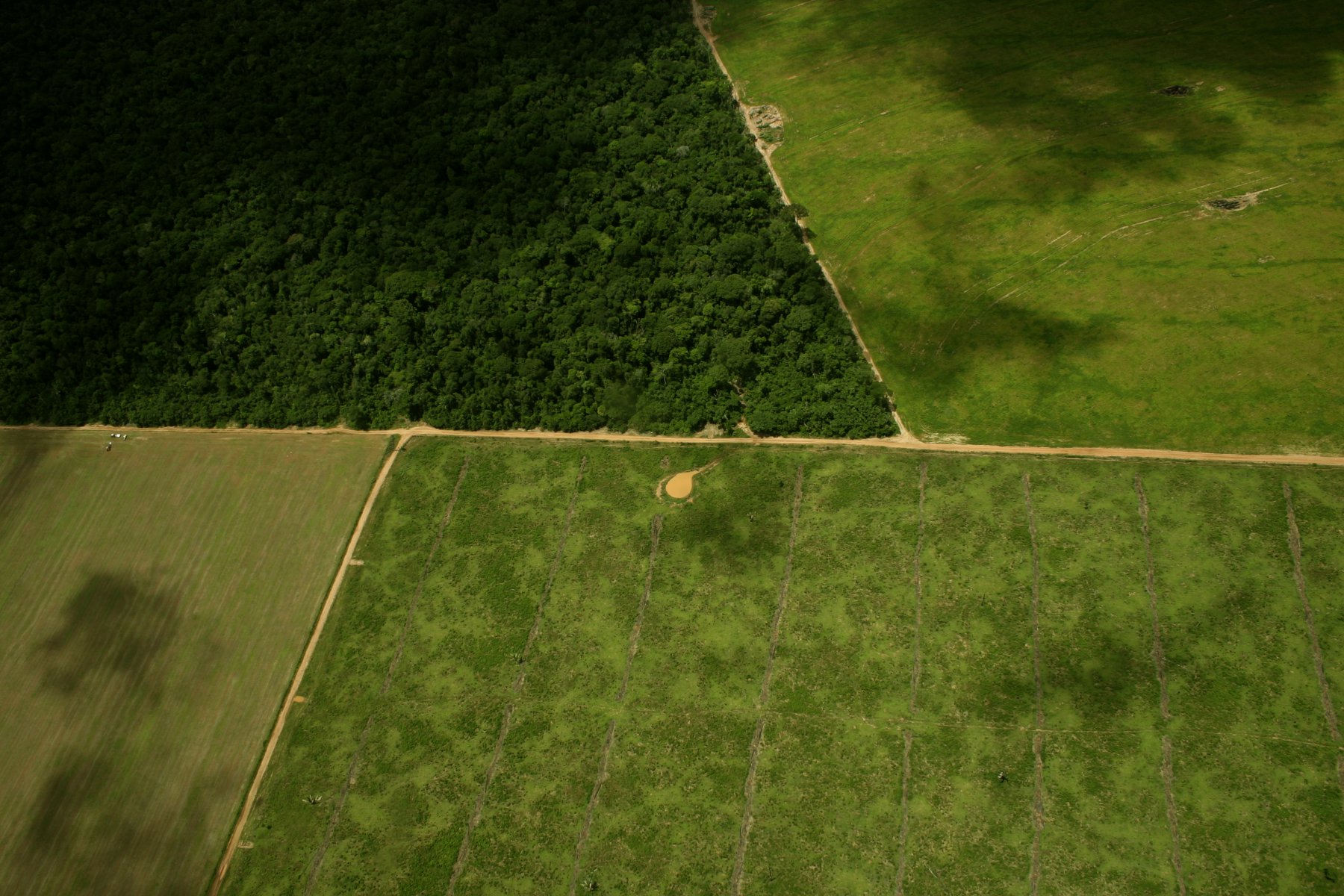The scale and speed of the global soybean demand growth is putting strains on the natural ecosystems in production countries, especially in South America. In some production countries, large areas of natural forests and grasslands have been converted into farmlands for the production of soybean and other agricultural commodities, which results in aggravating global climate change and biodiversity loss. The international community is addressing these risks and threats driven by the expansion of agricultural commodity production through joint commitments and pledges, such as the New York Declaration on Forests and Tropical Forest Alliance 2020.
In collaboration with a wide range of partners, we work to help reduce deforestation and loss of other natural vegetation in South America by encouraging the end market to demand that soybean imported from South America should be responsibly produced.
We have worked with The Nature Conservancy, Solidaridad and the World Wildlife Fund to engage key actors along the South America-China soybean supply chain to promote deforestation-free soybean sourcing. Together, we have created a new platform that consists of some of the largest soybean companies in China to advance sustainable soy sourcing. In addition, we are exploring innovative mechanisms that will help provide critical economic incentives and market-based tools for soybean buyers and processors from China and other end markets to transition to more sustainable practices for sourcing soybean.


